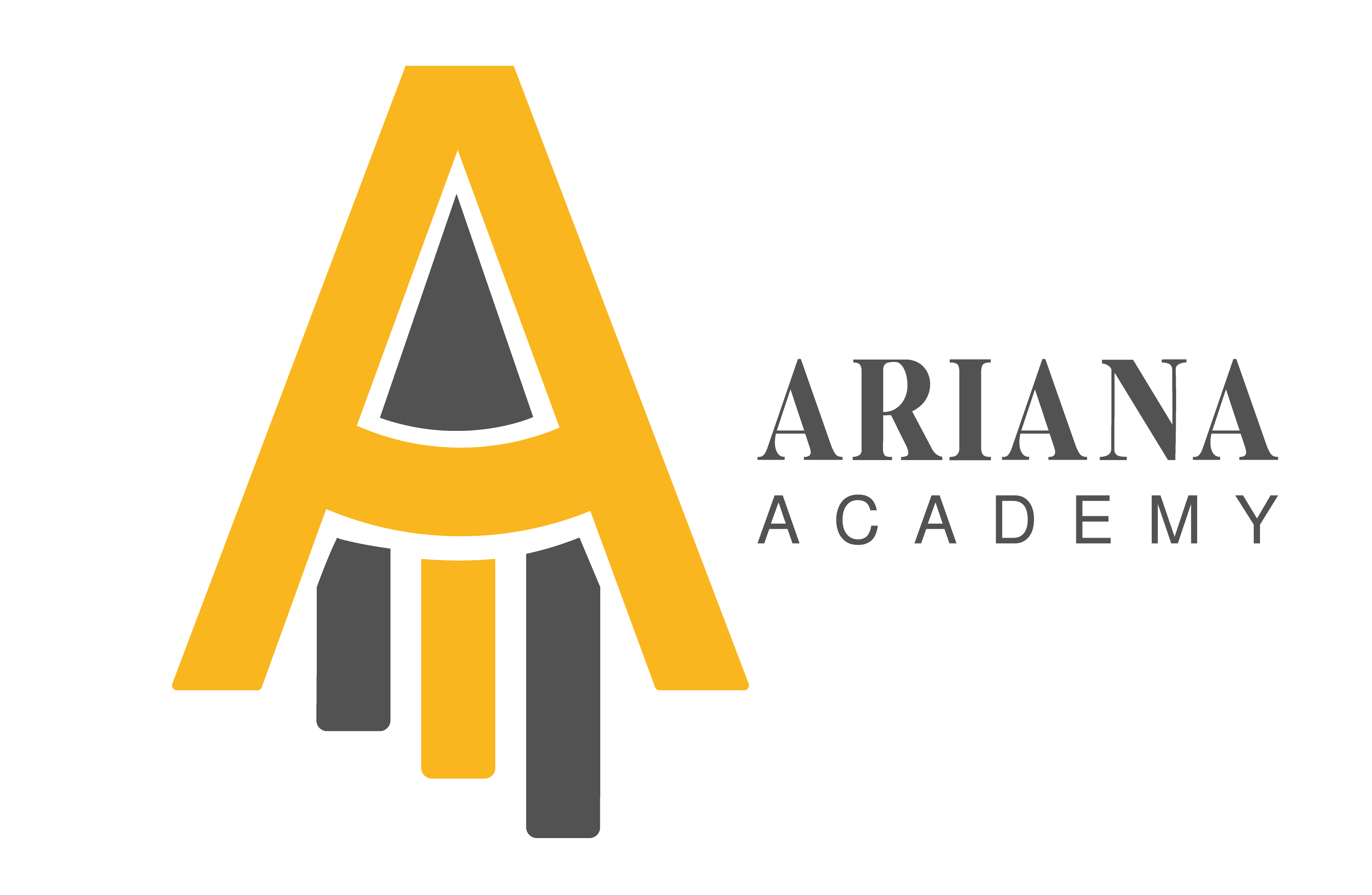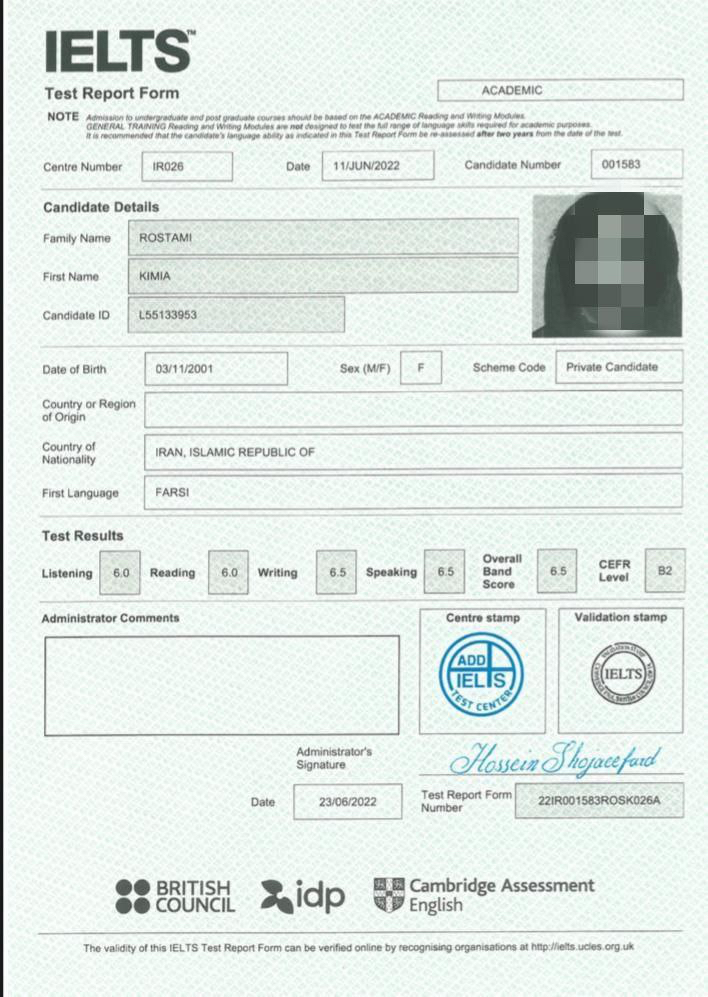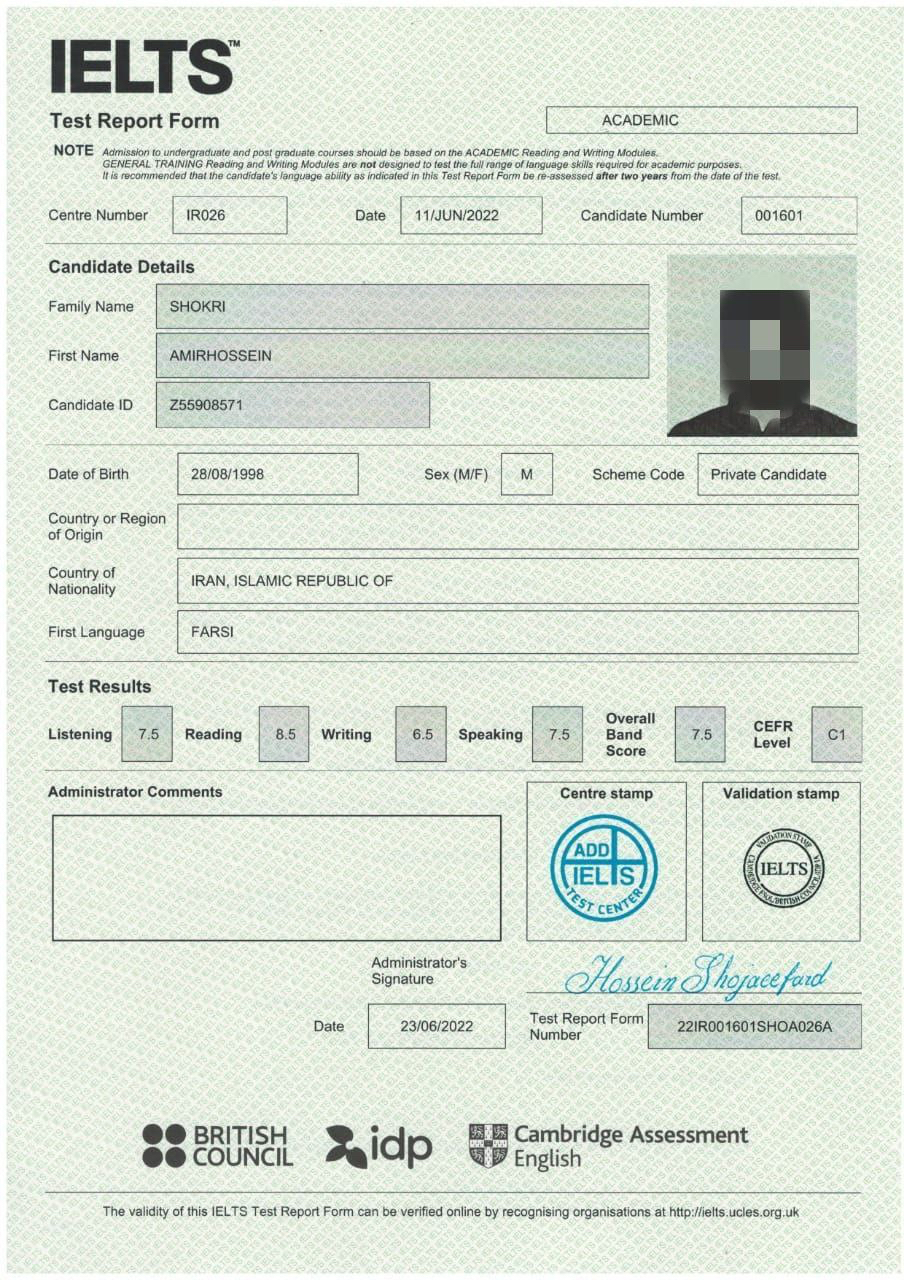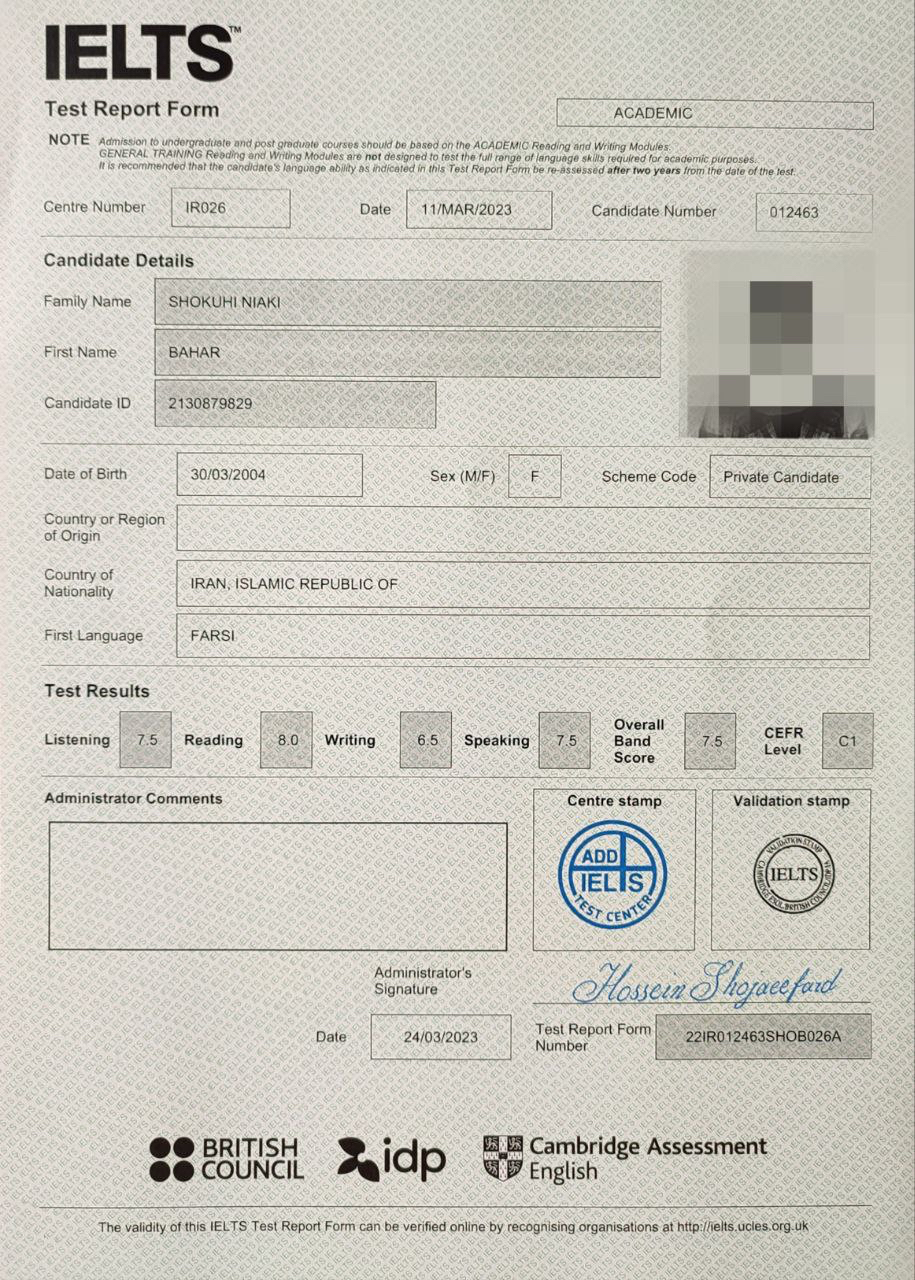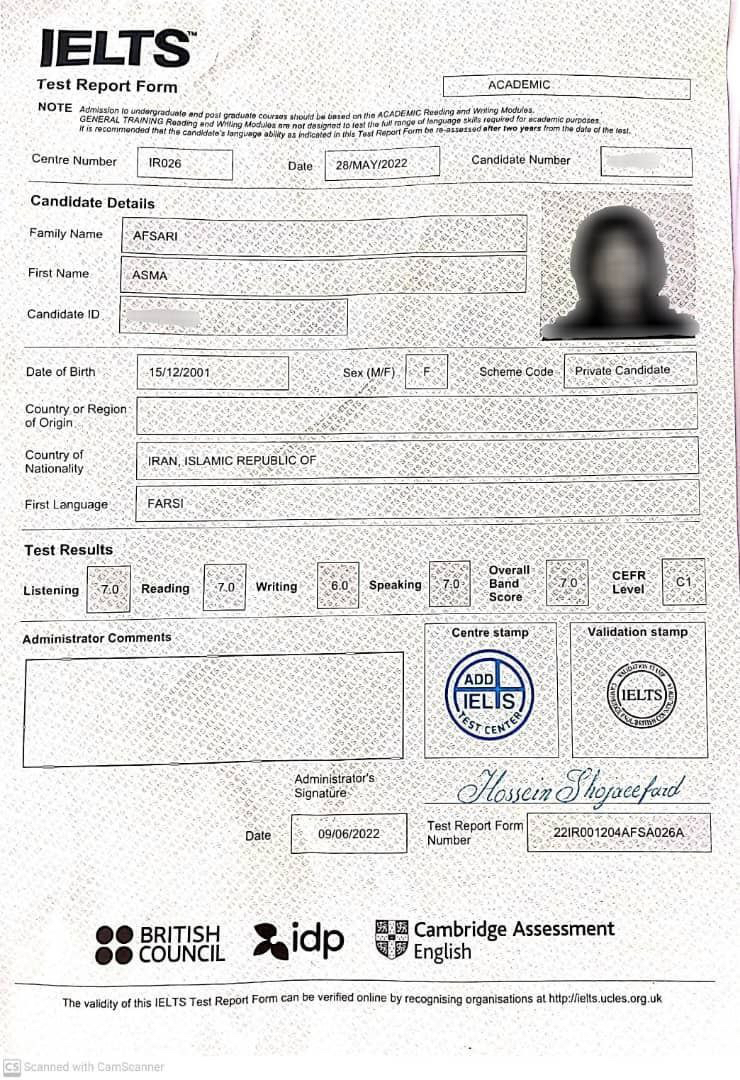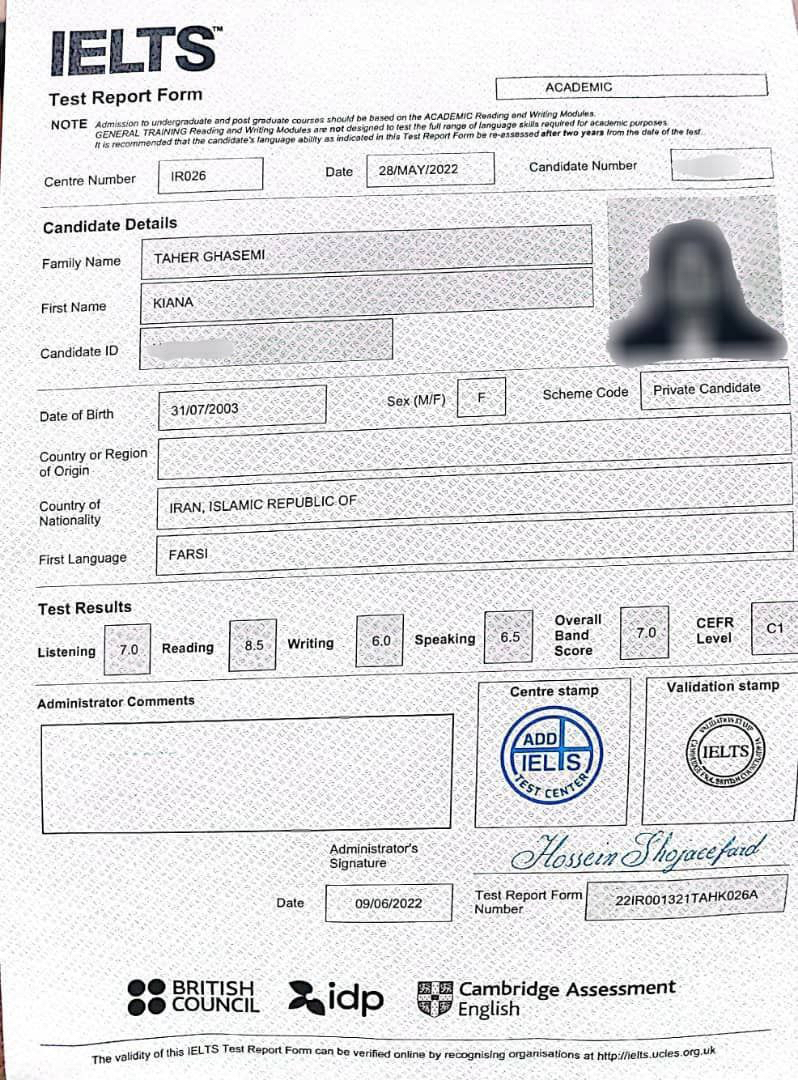(International English Language Testing System) IELTS is the most popular English language test in the world for immigration and higher education.
Every year, more than 5.3 million students migrate with the aim of studying in other countries; And since IELTS is recognized in more than 11,000 institutions, including higher education institutions and other institutions for education and employment. In some universities of non-English speaking countries, IELTS is accepted as one of the most valid English language documents for study, work and immigration for the courses that are taught in English.
This test includes four sections: Listening, Speaking, Reading and Writing. And it is held in two types of IELTS General and Academic.
IELTS stands for International English Language Testing System. The English language proficiency test is organized by the British Council in partnership with IDP Education and Cambridge Assessment English. As one of the most popular English language proficiency test in the world, the IELTS test is highly regarded in the field of immigration and higher education.
Whether you’re looking to study, develop yourself personally or professionally, or settle in an English-speaking country, IELTS can pave the way for you.
There are two types of IELTS: academic and general. Academic IELTS is held in both paper form (in person at test centers) and online (at home or any personal place with internet access). This is despite the fact that the general exam is only held in person at the test center, which can be conducted online or on paper. In the academic and general IELTS tests, the Listening and Speaking tests are the same, but there are differences in the Reading and Writing tests. By knowing the differences, you can make sure that you are prepared for the correct type of test
Why IELTS?
- Accredited in more than 11,500 organizations and more than 140 countries
- Fair and reliable test and grading
- A short and quick test
- Two-year validity of the degree
Why academic jahad?
- Free level determination
- The most reliable educational assistance center in the country
- Cooperation with the best professors in the world
- Expert support and advice
- The highest pass rate
IELTS 2022 exam passers
Jahad Tehran University of Medical Sciences
List of lessons and resume of Professor Alireza Yekrang
Introduction video and teaching example of the teacher
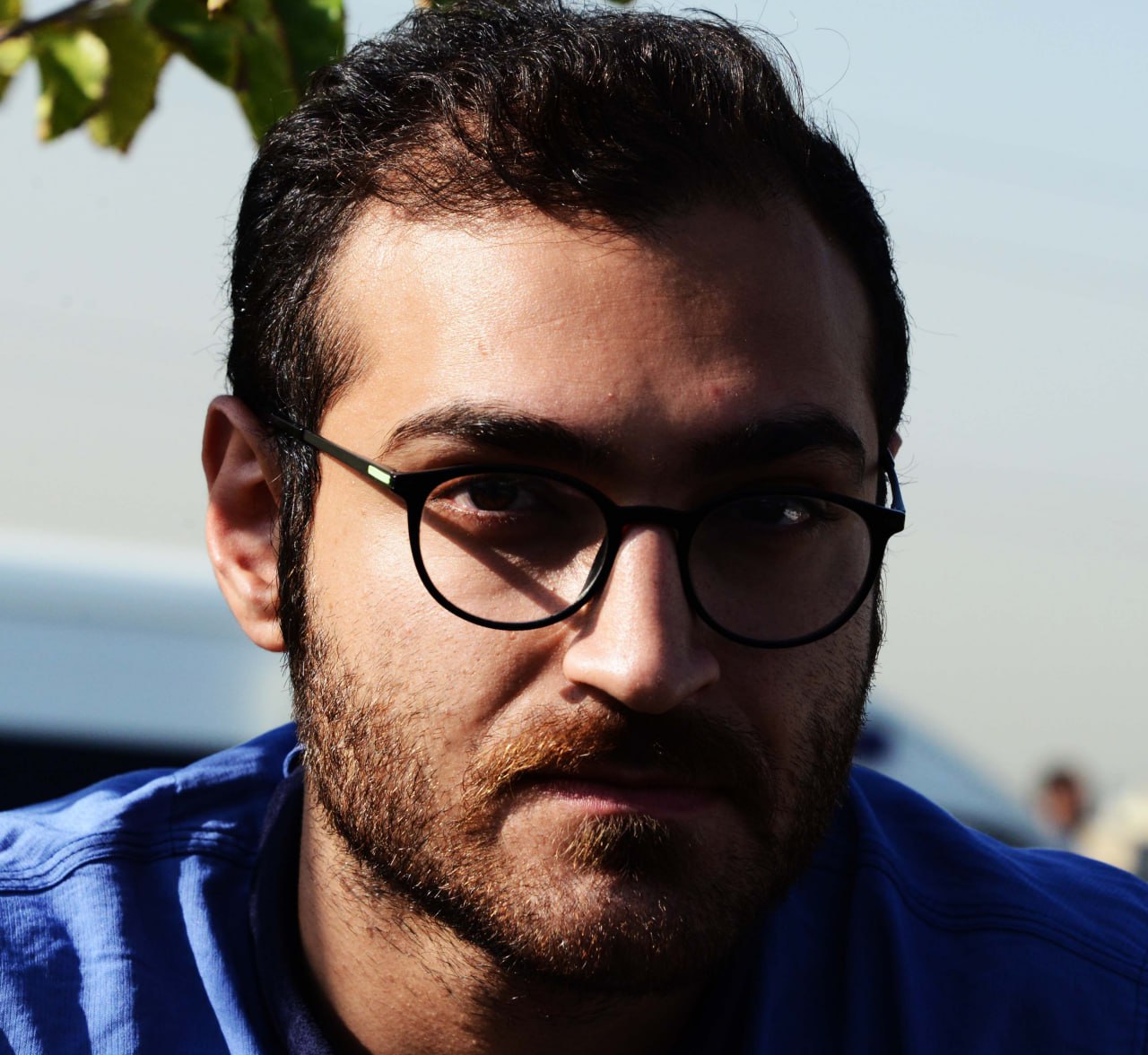
WORK EXPERIENCE
Jahad Daneshgahi (University of Tehran) 2021 – Present
Teaching IELTS & Pre-IELTS (Candidates preparing for IMAT)
Listening
Reading
Writing
Speaking
Improved academic performance of candidates from an average of 5.0 (academic module) to +7.0
(academic module)
Qualifications
TTC holder
IELTS MOCK EXAMINER Training (IRSAFAM)
IELTS Single Skill Teacher Training – Speaking (IRSAFAM)
TESOL Workshop (Dr Jason Anthony – Australia
Iranmehr Language Institute 2018 – 2021
Taught (More than 150 learners)
A1 Grammar – Vocabulary – Reading – Listening – Speaking – Writing (Oct 2018 – Feb 2019)
A2 Grammar – Vocabulary – Reading – Listening – Speaking – Writing (Feb 2019 – Jun 2019)
B1 Grammar – Vocabulary – Reading – Listening – Speaking – Writing (Jun 2019 – Aug 2019)
B2 Grammar – Vocabulary – Reading – Listening – Speaking – Writing (Aug 2019 – Jan 2020)
C1 Grammar – Vocabulary – Reading – Listening – Speaking – Writing (Jan 2020 – Jul 2020)
C2 Grammar – Vocabulary – Reading – Listening – Speaking – Writing (Jul 2020 – Mar 2021)
FCE / CAE / CPE (Jul 2020 – Mar 2021)
What services and benefits do IELTS test candidates get?
- Free initial level determination
- General and IELTS courses
- Teaching all four skills of Listening, Speaking, Reading and Writing
- Educational resources and pamphlets and educational assistance
- Thermal evaluation tests
Counseling and registration of courses
Intensive IELTS course
4 months-
Free level determination
-
72 hours
-
Covering all 4 skills of the IELTS test at an advanced level
-
Full coverage of grammar and vocabulary topics
General course 1
Semi-intensive thermal course-
Free level determination
-
10 sessions per semester
-
Covering all 4 skills of the IELTS test at the preliminary level
-
Full coverage of grammar and vocabulary topics
General course 2
Semi-intensive thermal course-
Free level determination
-
10 sessions per semester
-
Covering all 4 skills of the IELTS test at the preliminary level
-
Full coverage of grammar and vocabulary topics

Course pre-registration form
Free level, how to conduct the IELTS test
The Listening, Reading and Writing sections of all IELTS tests are completed in one day without a break between them.
However, the Speaking test may be scheduled up to a week before or after other tests. If you have booked IELTS online, your Speaking test will usually take place before your other tests. The total time of the test is 2 hours and 45 minutes.
listening section (30 minutes)
You listen to four recordings and then write your answers to a series of questions.
Audio recording 1 – A conversation between two people that takes place in the way of dealing with an everyday topic.
Audio recording 2 – a monologue (one-person comedy) that is performed in relation to an everyday topic, for example: A speech about local amenities in a region or a city
Recorded voice 3 – a conversation between up to four people, which takes place in relation to an educational, work or everyday issue. for example: A university teacher and a student are discussing an assignment
Audio recording 4 – a monologue (one-person satire) on a scientific or academic topic. for example: A university lecture
Test assessors will look for evidence of your ability to understand main ideas and accurate factual information, speakers’ opinions and attitudes, the purpose of the speech, and evidence of your ability to follow through on the development of ideas.
Recorded sounds can only be heard once. They include a wide range of accents, including British, Australian, New Zealand, American and Canadian.
Time: Approximately 30 minutes (plus 10 minutes of transfer time).
Number of questions: 40
Types of questions: Different types of questions are used, which are selected from the following: Multiple Choice, Matching, Labeling Sketch/Map/Diagram, Form/Note/Table/Flow Chart/Summary Completion, Sentence Completion.
Response: The examinees write their answers on the question paper while listening and at the end of the test they are given 10 minutes to transfer their answers to an answer sheet. Care should be taken while writing the answers in the answer sheet as poor spelling and grammar will be penalized.
Points: Each question is worth 1 mark.
reading section (60 minutes)
The Reading section contains 40 questions designed to test a wide range of reading skills. These skills include general reading of the text, reading the text to get the main ideas, reading the text to get the details, understanding the logical reasoning and recognizing the opinions, attitudes and purpose of the authors.
Academic IELTS test:
This part of the test includes three long texts. These texts are taken from books, journals, magazines and newspapers. They are intended for a non-specialist audience, but are suitable for those entering university courses or seeking professional registration. In general, texts are organized in a way that is understandable and responsive to all people.
Time: 60 minutes
Number of questions: 40
Types of questions: Different types of questions are used, which are selected from the following.
Multiple Choice, Identify Information, Identify Opinions, Author Claims, Matching Information, Matching Headings, Matching Features, Matching Sentence Ends, Sentence Completion, Summary Completion, Note Completion, Table Completion, Flow Chart Completion, Diagram Label Completion and Answer Short
References: Texts are taken from books, magazines and newspapers and written for non-specialist audiences. All topics are of general interest. They cover topics that are interesting, recognisably relevant and accessible to examinees entering undergraduate or postgraduate courses or seeking professional registration. Passages may be written in different styles, for example, narrative, descriptive, or discursive/argumentative. At least one text contains detailed logical reasoning. Texts may contain non-verbal content such as charts, graphs, or images. If the texts contain technical terms, a simple glossary is provided.
Candidates are required to transfer their answers to the answer sheet within the time limit for the exam. Additional time for transfer is not allowed. Care must be taken when writing the answers in the answer sheet because poor spelling and grammar will lead to a reduction in marks.
Points: Each question is worth 1 mark.
IELTS academic writing section (60 minutes)
Subjects are typically of general interest and suitable for examinees entering undergraduate and postgraduate degrees or seeking professional registration. دو نوع سوال وجود دارد:
There are two types of questions: You may be asked to describe and explain data, explain the steps of a process, how something works, or describe an object or event.
Part 2 – You will be asked to write an essay in response to a point of view, argument or problem. Answers to both tasks should be in a formal style.
Exam format: There are two texts to write and both must be completed.
Time: 60 minutes
Number of questions: 2
Types of questions: In Part 1, examinees are asked to describe some visual information (chart, figure or table) in their own words. They have to write 150 words in about 20 minutes. In part 2, they respond to a point of view or argument or problem. They have to write 250 words in about 40 minutes.
